Species Recovery Appeal
Protect and restore Yorkshire’s rarest wildlife
From the windswept uplands of the Dales to the rolling chalk hills of the Wolds, the lowland moors on the Humberhead levels and the shining chalk cliffs of Yorkshire’s 100-mile coastline – wildlife should flock to our vast and varied county.
And yet, the data is telling us that many woodlands, wetlands and waves are slowly falling silent and still.
If we don’t act now, we will lose the species that make Yorkshire so special!
Will you help Yorkshire’s rarest wildlife this Christmas?
Save our species
We must act urgently to understand the needs of these precious creatures, and provide them with the habitat essential for survival.
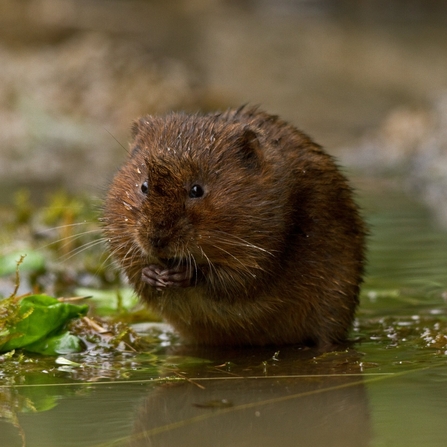
Water vole (c) Russell Savory
Refuge for Ratty
An iconic and loved species, thanks to Wind in the Willows, the water vole is now rarely spotted in the wild. You may be lucky enough to hear their distinctive ‘plop’ as they drop into the water, setting off on a swim. However, loss of habitat has caused the range of Yorkshire’s water voles to decline by 41% in the last 50 years, and they are suffering even further by falling prey to invasive American mink.
We desperately need to maintain and reconnect streams, rivers and ponds to create a vital network of fresh water and wet grassland, and give these amazing aquatic mammals a safer home. We know this works from our trials and efforts at Skerne Wetlands, where water vole populations have increased.
£25 could buy rafts used in surveying so we can monitor water vole populations
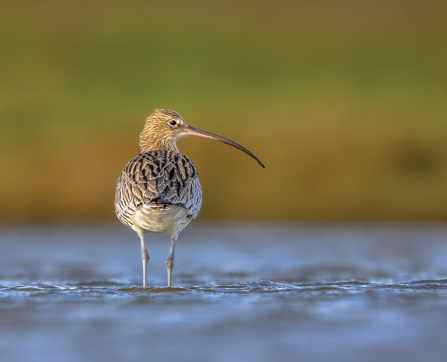
Curlew
Putting curlew on the map
The curlew’s mournful call is a well-known soundtrack to the Yorkshire Dales, their characteristic curved bill probing deep into mud and soil in search of a tasty morsel. Sadly, British curlew populations are in freefall in most places due to habitat loss and changes in land management – their long lifespan masking decades of declining numbers.
We are working with Natural England and the Friends of the Lower Derwent Valley bird ringing team to tag curlews and track their movements. This will help us to identify places where curlews cling on and will provide evidence to fight development that could have other harmful impacts.
£60 could fit curlews with trackers, helping us to identify sites that need protection
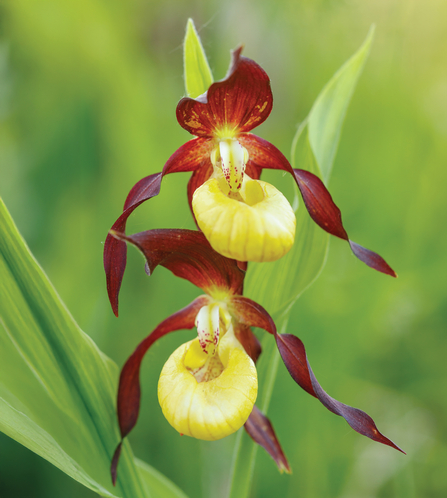
Lady's slipper orchid (c) Shutterstock
The almost-lost slipper
One of our most revered wildflowers, the lady’s slipper orchid is only matched in beauty by its rarity. By the 1930s, this plant was reduced to one single specimen, tucked away in a corner of the Yorkshire Dales.
Fortunately in 2020, heroes from Yorkshire Wildlife Trust have joined Natural England, Plantlife, the Botanical Society of the British Isles and Kew to deliver the Lady’s Slipper Species Recovery Programme and help save this rare beauty.
However, the quest to find suitable and undisturbed areas for this precious species remains a challenge. Without more space to re-establish, the lady’s slipper orchid will continue to cling on in vulnerable and isolated pockets.
£75 could help us propagate and plant out lady’s slipper orchids in the Yorkshire Dales
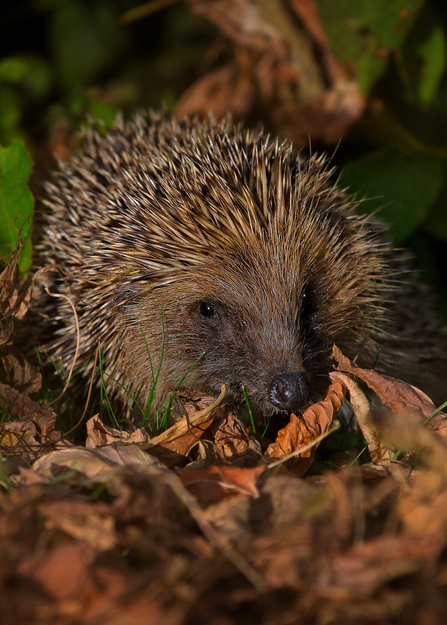
Hedgehog (c) Jon Hawkins
Hedgehogs need help too
Our prickly friends face numerous challenges and became classified as vulnerable to extinction in 2020.
#TeamWilder puts conservation into action right in our back yards, encouraging people to make wildlife friendly interventions in their green spaces, which help species including hedgehogs.
We've developed a range of resources, including guidance on making hedgehog nesting boxes, and ways to improve habitat and food sources, as well as supporting and empowering communities to make positive change where they live.
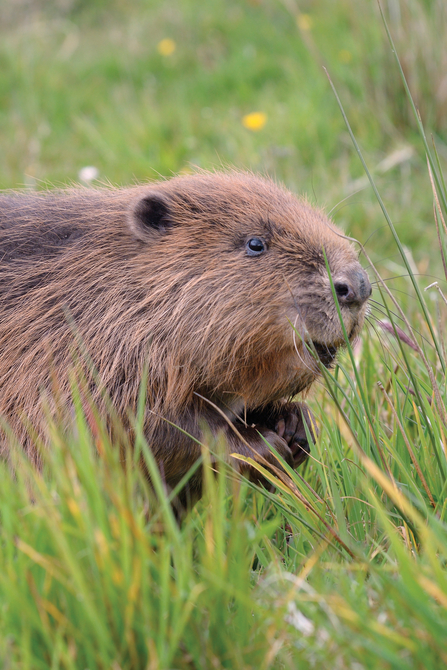
Beaver (c) Nick Upton
Could beavers return to Yorkshire?
Building evidence to inform our work is the gift that keeps on giving for a wilder future. Research takes time and money but has shown that keystone species, such as beavers, could play a starring role in our rivers and wetlands – slowing the flow of water to reduce flooding, improving water quality, creating new habitat, and even improving carbon storage.
We would love to see key mammal species make a return to Yorkshire’s wetlands and forests one day, and our Data and Evidence team are working hard to see what’s possible.
£250 could support us to plan the return of key species like beavers to Yorkshire
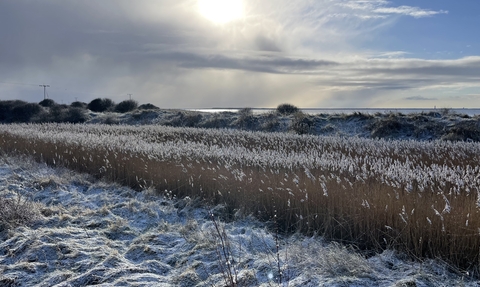
Winter at Spurn (c) Carmel Sole
